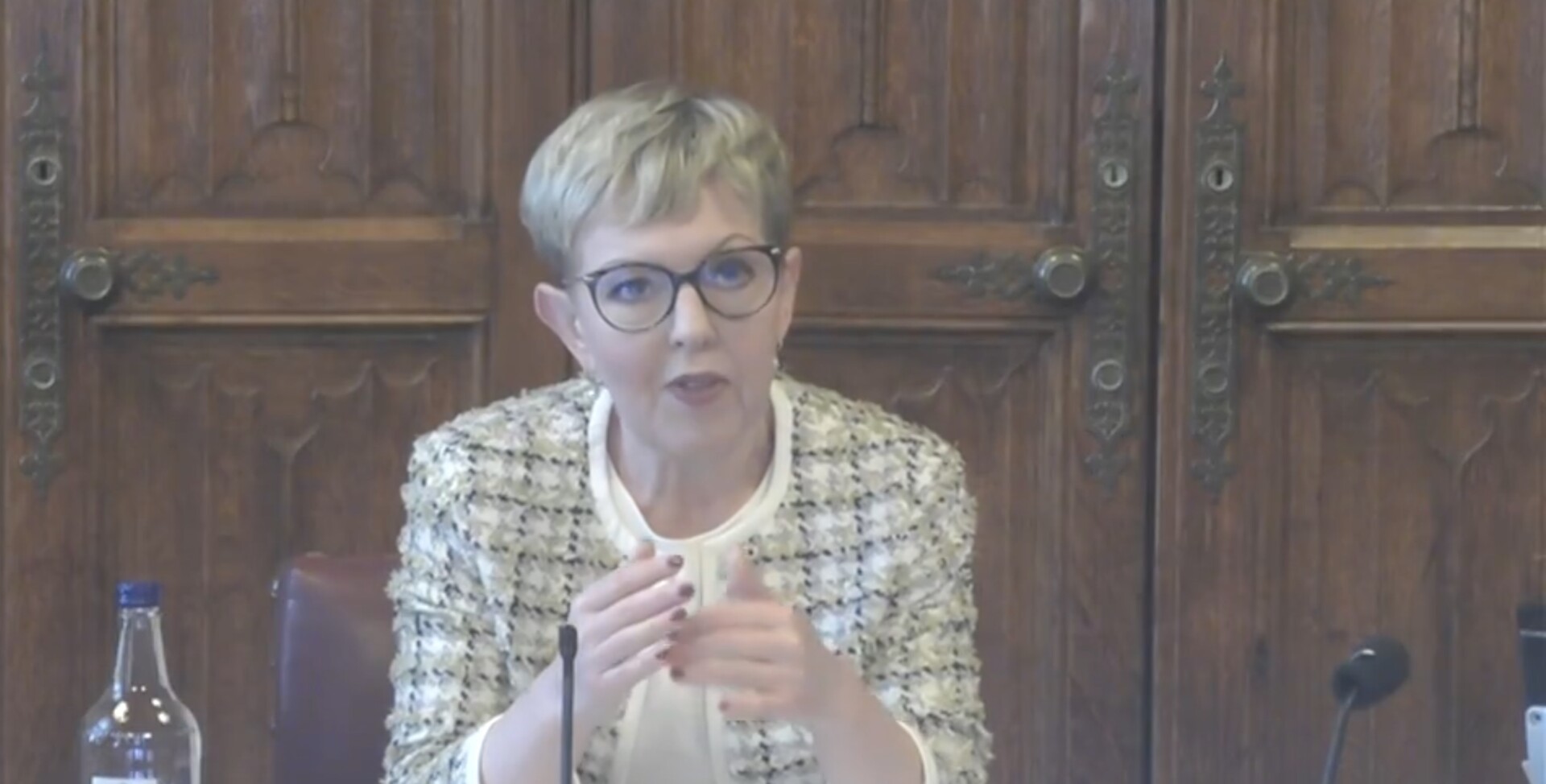A new report by the House of Lords has called for a review of so-called “brand safety” agencies, warning against “mission creep” and highlighting concerns about free speech.
The report sets out that “our evidence suggested some unease about mission creep”, adding that the term “disinformation” is, according to a Carnegie Endowment analysis, “often invoked quite loosely to denigrate any viewpoint seen as wrong, baseless, disingenuous, or harmful”. According to the Lords report, this then “risks deepening mistrust and undermining the legitimacy of tackling mis/disinformation across the board.”
This follows reporting earlier this year from UnHerd which revealed that ratings agencies, with funding from American, British and European governments, were blacklisting disfavoured media outlets in the name of stifling misinformation. These agencies assigned “brand safety” scores and discouraged advertisers from partnering with low-scoring outlets in order to starve them of revenue. UnHerd, for example, was blacklisted for publishing the work of gender-critical feminist Kathleen Stock.
In April, UnHerd’s Freddie Sayers told the House of Lords Communications and Digital Committee, chaired by Baroness Stowell, that the “disinformation movement” had “exacerbated losses in public trust and fast-forwarded the collapse in trust in the media and in government”. He revealed that the publication had seen a fall in advertising revenue after it received a poor rating from the GDI, which describes itself as a non-profit service “enabling advertisers to reduce the unintended monetisation of deceptive and highly adversarial online content”. Sayers argued at the time that this was an example of “detached and unaccountable actors” taking “very politicised views on things”.
The report added that “the rise of brand safety organisations has raised complex questions about the extent and implications of their work. The Government’s online advertising taskforce should review the work and impact of brand safety organisations on news publisher revenue.”
Further recommendations warn against such interventions as government-endorsed labels for quality news sources, and call for a more “proportionate” response to misinformation to avoid “undermin[ing] free speech”. Instead, the state should offer tax breaks for local journalism, particularly coverage focusing on democracy, and ramp up “media literacy programmes”. The report also requests increased protections for journalists, including from international threats.
The authors recommend that tech platforms display recognised news publishers more prominently than alternative sources online, and that these platforms be more transparent about their algorithms, so that political bias can be detected.
Ultimately, the report has found, misinformation must be combatted through a strong response to foreign interference and an increased emphasis on media literacy domestically, including through schools. Algorithmic tweaking and the flagging of reliable content at the behest of the Government could end up being counterproductive, the authors claim.
“Such solutions are unlikely to tackle the root causes of supply and demand,” the report reads. “They raise questions about potential overreach and free speech sensitivities. And they risk creating strategic dependencies on overseas tech firms to address highly sensitive societal challenges.”










Join the discussion
Join like minded readers that support our journalism by becoming a paid subscriber
To join the discussion in the comments, become a paid subscriber.
Join like minded readers that support our journalism, read unlimited articles and enjoy other subscriber-only benefits.
Subscribe